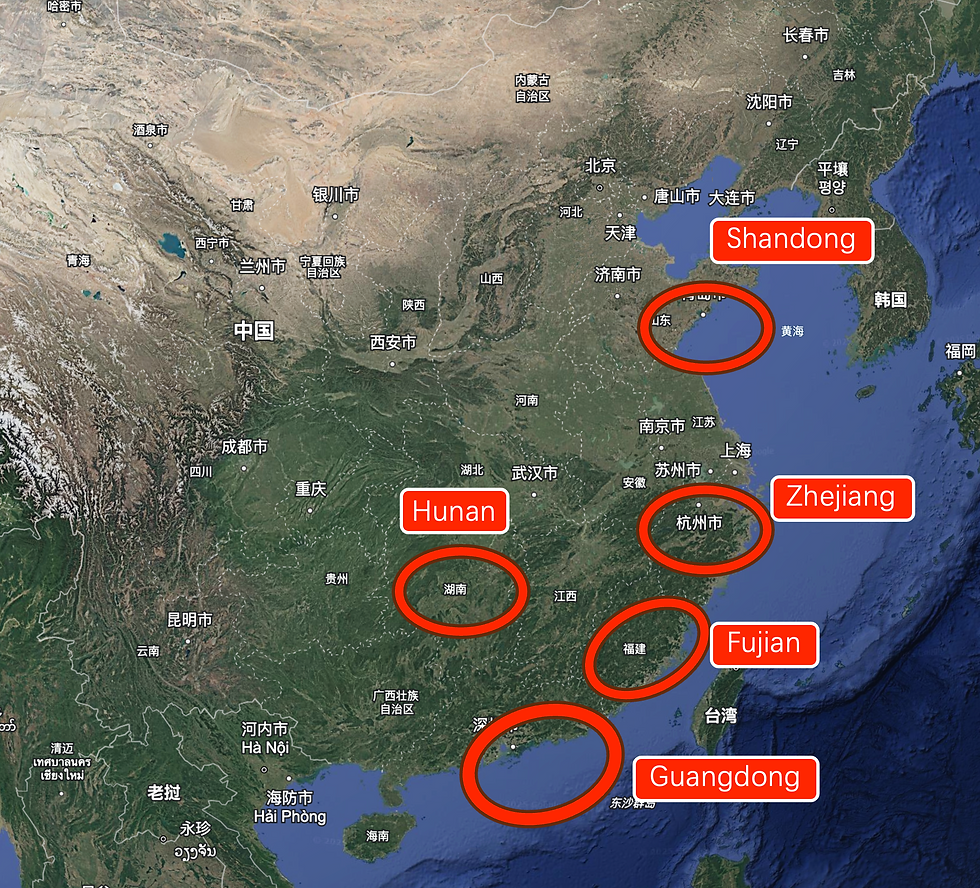From ‘Double Reduction’ to ‘Double Day Off’: China’s Education System Reform to Rebalance Autonomy and Cramming
- Haoming Chow
- 2025年4月23日
- 讀畢需時 3 分鐘
已更新:2025年4月30日
Reported by ZHOU Haoming
Lying in bed at home with his phone on Friday night, Ye Zihao, a high school student in southern China, was searching about the wrong questions terms in his examination this week, which is the first Friday night at home after the double day off policy was issued, as he can think deeply about his errors this week.
“We have more chances to access the internet by computer and mobile phones to check the terms and question errors, which is more efficient than asking the teachers,” said Ye, “More governed time we can have could lead to clearer clues,” he added.
Ye is not the only one in the country who is beneficial for self-governed time at the weekend. The Ministry of Education of the People's Republic of China has implemented the double day off policy for high school students since this year and will take effect nationwide from the 2025 fall.
Ye's class timetable changes before and after the double day off policy implementation.
Studying in Doumen No. 1 High School, Guangdong, China, which has responded to the central government's call for the double day off, Ye is happy to experience this change as a student.
However, Ye still shows concerns about his consciousness when he returns home.
“It is concerning if the nationwide will issue the double day policy, and whether it will be fair in some places, where there is a single day off,” said Ou Ruyan, mother of Ye Zihao.
The high school education model in China over the past 20 years has improved academic results by adding study hours that students must complete from early morning to late at night, lasting six or seven days a week. In some provinces, students are required to study continuously for 27 to 29 days a month and enjoy a one to three-day rest period.
Currently, there are a lot of provinces in China responding to the Double Day off policy in high schools, such as Guangdong, Zhejiang, and Fujian.

Despite the double day off policy, the double reduction policy has been in place since 2021, aiming to alleviate students' excessive burden of homework and after-school training courses during compulsory education, including primary and middle school.
“Double reduction policy is one of the most important education reforms in the country,” said Zhou Zhuosen, Director of Doumen Education Research and Science Centre.
Regarding primary and secondary schools, students used to have an additional cram class at weekends, which limited the free time for the students to explore.
“We can have more time to explore nature at the weekend,” said Zhou Xvtong, a student from Doumen Experimental Middle School.

In fact, the double reduction policy has achieved a positive effect both for the students and the teachers.
“More independent exploration space can be made for the students to explore the world, which helps to repay the cultural course study,” said Xie Xueying, a political teacher in Doumen Experimental Middle School.
With the increased free time available to students after the double reduction policy, parents are more at ease allowing their kids to develop hobbies and interests on weekends.
“I would like to keep my kids’ hobbies until getting to university as the spare time increases,” said Chen Daxion, a father of two kids who are middle school students and primary school students.
“Education reform is a giant project for the future development of China. The liabilities not only fall on the education system, but also on the students, parents and society,” said Zhou Zhuosen, “Currently, we have a positive trend in whole-person development so far,” he added.


留言